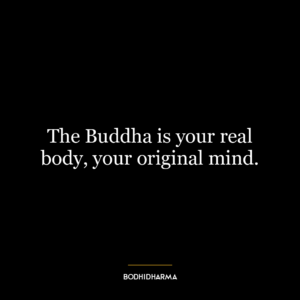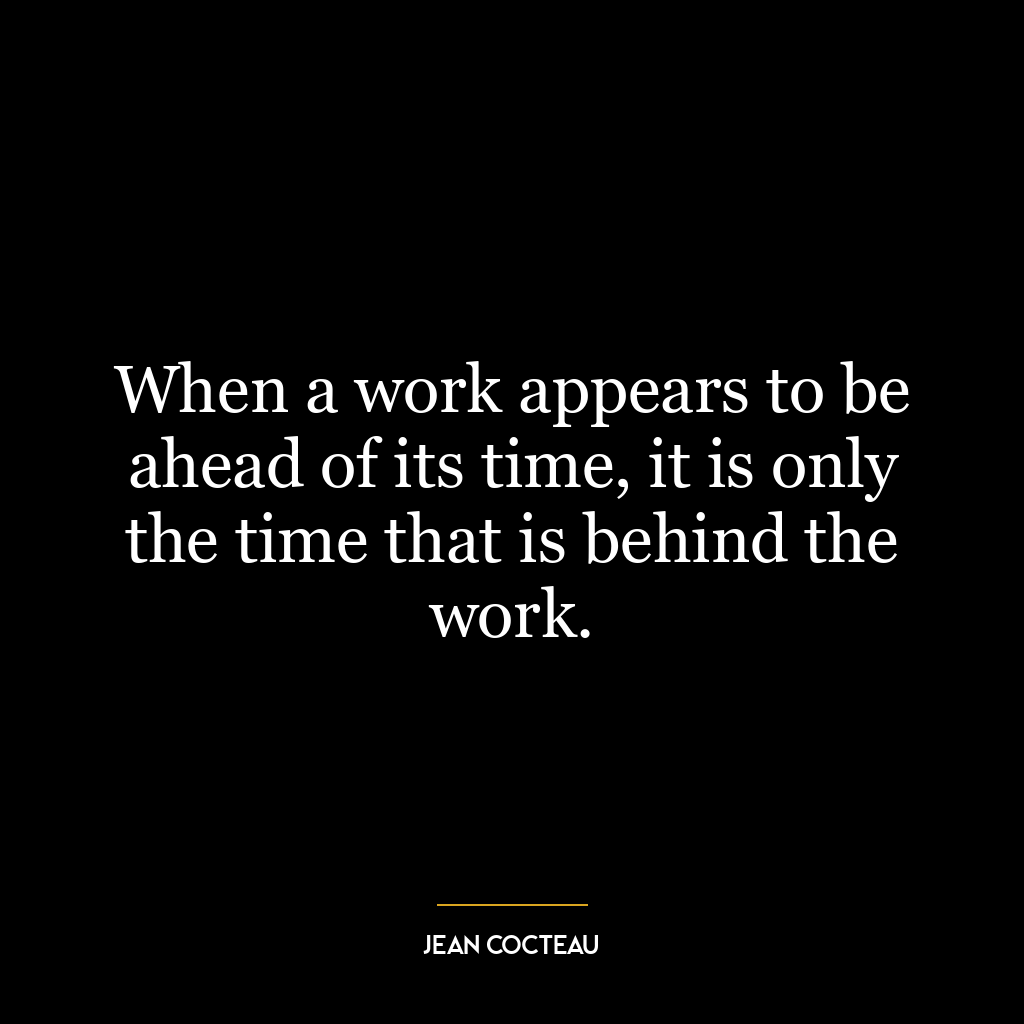If you use your mind to look for a Buddha, you won’t see the Buddha.
If you use your mind to look for a Buddha, you won’t see the Buddha.” This quote speaks to the concept of experiential understanding versus intellectual understanding. In essence, it suggests that one cannot truly comprehend or experience the essence of Buddha (or enlightenment) purely through intellectual pursuit or mental effort.
The ‘Buddha’ in this context represents the state of enlightenment or awakening, a state of being that transcends the ordinary, conceptual mind. Therefore, if one is trying to ‘look for’ or understand this state using the ordinary, analytical mind, they are bound to miss it. This is because the mind operates within the realm of duality (right and wrong, good and bad, etc.), while the state of Buddha or enlightenment is beyond all dualities.
The quote implies that the true nature of reality, or the ‘Buddha nature’, cannot be grasped by the thinking mind, but must be directly experienced. This direct experience is often cultivated through practices like meditation, where the aim is to quiet the mind and simply be present in the moment, allowing for a direct, non-conceptual experience of reality.
In today’s world, this idea can be applied in many ways. For instance, in personal development, it suggests the importance of direct experience and mindfulness, as opposed to just intellectual understanding. It’s easy to read a lot of books about mindfulness, but until you actually practice it, you won’t truly understand or benefit from it.
Moreover, it can be a reminder in our information-saturated world that not everything can be understood by accumulating more knowledge. Some things, especially the most profound and transformative experiences, come from letting go of the constant striving and analyzing, and simply being present in the moment.
In a broader societal context, this quote might suggest a need for a shift from a purely intellectual, analytical approach to life, towards one that values direct experience, intuition, and presence. This could have implications in areas ranging from education and mental health, to how we approach problem-solving in our communities and societies.











